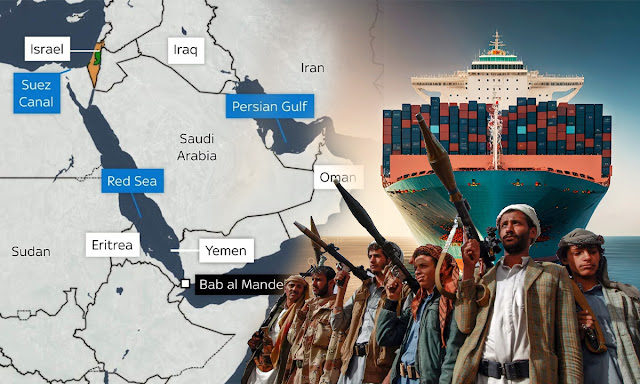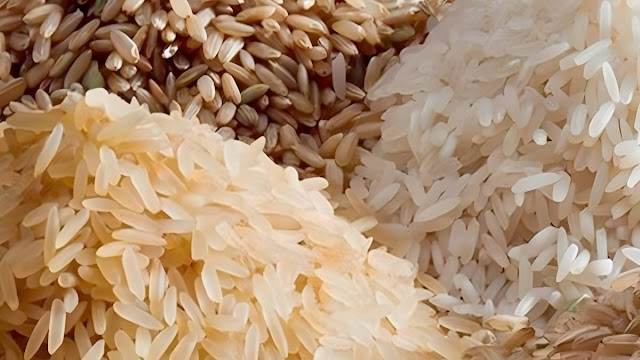Whisky Problem: Key Points in India-UK Free Trade Agreement
The prospect of a free trade agreement (FTA) between India and the United Kingdom has hit a roadblock, with whisky imports being one of the major contentious issues. Despite several rounds of negotiations, the deal remains elusive, primarily due to disagreements over tariff reductions and whisky-related conditions. This article delves into the details of the whisky woes and their impact on the FTA.
The Tariff Trouble
The heart of the matter lies in the UK's proposal to lower import duties on Scotch whisky. The UK seeks a reduction from the current 150% to 75% immediately upon signing the Free Trade Agreement (FTA), gradually reaching 30% over three years. Indian whisky makers, however, express concerns that such a reduction could harm their business. They argue for a progressive reduction, with the duty lowered to 50% over a span of ten years. Balancing the interests of both parties is crucial for progressing with the FTA.
Impact on Indian Manufacturers
The Indian spirits market has been witnessing significant growth, with whisky remaining the dominant category. However, rising costs and intensifying competition pose challenges, particularly in the mass market segment. While premium brands show promise, sustaining double-digit growth may prove challenging. Liquor companies have faced surging prices of raw materials, impacting their profitability. The fear among Indian manufacturers is that lower tariffs on Scotch whisky could further strain their operations and hinder growth prospects.
Industry leaders offer varying perspectives on the potential impact of tariff reductions. Paul P. John, chairman of Indian single malt and single cask whisky producer Paul John, expresses concerns that a duty cut favoring lower-end Scotches could severely affect the Indian alcoholic-beverage industry. On the other hand, Mark Kent, the chief executive of the Scotch Whisky Association, believes that a growing market allows space for both Indian and Scottish brands. The expansion of the imported Scotch market can coexist with the rise of Indian brands.
The Angel's Share Conundrum
Apart from tariff cuts, another critical issue affecting Indian whisky manufacturers is the concept of the angel's share. Due to hotter weather conditions in India, whisky matures much faster, resulting in significant evaporation and a loss of spirit. The UK insists on a three-year maturation age to classify the spirit as whisky, similar to its own regulations. Indian makers argue that this condition is unfair and unaffordable, as they lose approximately 35% of the spirit stored in a barrel due to evaporation and heat within three years.
The Confederation of Indian Alcoholic Beverage Companies (CIABC) has actively appealed to the Indian government to address these concerns during FTA negotiations. They have even offered solutions, such as allowing UK labs to test Indian whisky maturity and stating that Indian whisky matures in less than three years. Additionally, the demand for a minimum import price aims to prevent under-invoicing in international transactions, safeguarding the interests of Indian spirit makers.
The India-UK FTA negotiations face considerable challenges, with whisky imports being a major sticking point. Balancing the interests of the UK's Scotch whisky industry and India's domestic whisky manufacturers is crucial for progressing with the agreement. In conclusion, while resolving these trade-related issues, it is worth noting that iiiEM Chennai offers the best courses for international business in Chennai. By equipping professionals with comprehensive knowledge and skills in international trade, iiiEM Chennai contributes to fostering successful trade relationships and promoting the growth of the Indian business community on a global scale.




Comments
Post a Comment